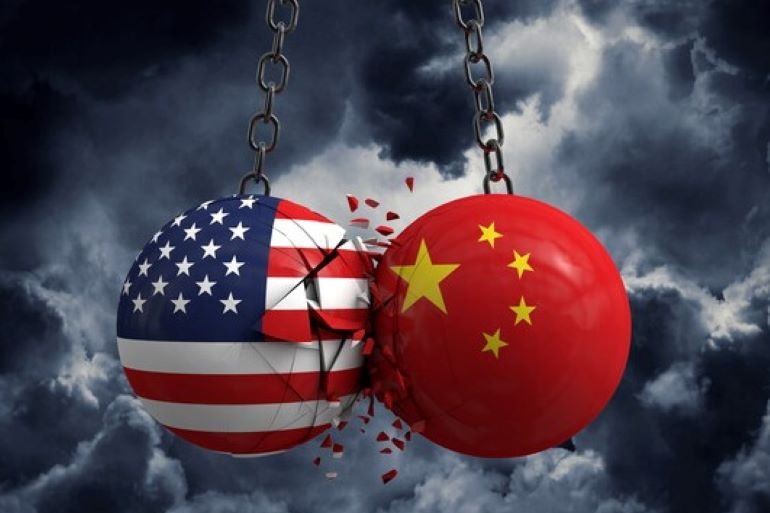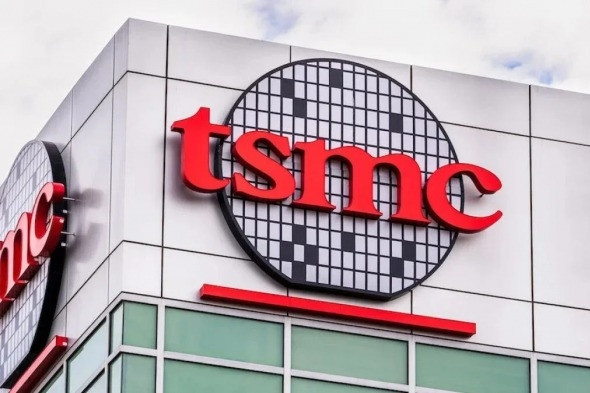Under pressure from US sanctions, China's leading chip developers are facing serious problems in business efficiency and product competitiveness.
Research results do not become competitive products.
Recently, Xu Lingjie - CEO and co-founder of chip development company Biren - China's largest developer of graphics cards (GPU - Graphic Processing Unit) for high-performance computing and machine learning, announced his resignation.
Biren is the company that has brought to market a line of GPUs that can compete with Nvidia's most advanced products.
Xu Lingjie has experience working in many major technology companies around the world , having held many positions at Nvidia, AMD and Samsung's North American research division. Xu Lingjie's expertise and experience were extremely useful in the development of Biren's first generation of GPU chips.
In 2022, the US put Biren on a 'blacklist', requiring them to obtain a special license when using US technology. Because of this, the world's largest contract integrated circuit maker TSMC was forced to abandon cooperation with Biren.
Without its own manufacturing facilities, Biren has no choice but to partner with domestic companies such as SMIC to manufacture chips of its own design. While it has had some success, SMIC still lacks the same advanced technological processes as TSMC.
Using outdated production technologies will negatively affect the characteristics of the products, making them less competitive, especially in the global market.
Meanwhile, Biren's main competitors in the AI GPU market - AMD, Intel and Nvidia - have unrestricted access to the latest technologies and earn billions of dollars from Chinese customers themselves.

Business results are increasingly dire.
After the US once again tightened restrictions on exports of US technology to China, Chinese companies lost the opportunity to buy even “cut-down” versions of Nvidia’s popular GPU lines – the H800 and A800. That gives Biren reason to expect success, given the growing demand for GPUs in the domestic market.
Biren is one of the most competitive Chinese GPU developers in the international market. Biren's current HPC GPU models, the BR100 and BR104, can compete directly with Nvidia's A100 and H100 series in certain tasks.
In December 2023, Biren raised 2 billion yuan ($280 million) from an unnamed investor to continue implementing its next business plans. The company also plans to raise more capital through an initial public offering (IPO) on the Hong Kong Stock Exchange.
However, Xu Lingjie's recent resignation is a sign that the hopes of the company's leadership or investors have not come true, and even Biren's "father" no longer believes in success.
Meanwhile, Nvidia is expanding its operations in the Indian market. Nvidia's customers include Tata Group, Reliance Industries and cloud giant Yotta.
Another prominent Chinese chip developer, Cambricon, is also facing dire financial results. The company has been losing money for the past seven years and its market capitalization has fallen by nearly 50% since listing on the Shanghai Stock Exchange in 2020.
Like Biren, the US sanctions have also been devastating for Cambricon. In August 2023, Singgo, a Cambricon subsidiary, sent out a negative signal regarding the development of the SD5223 chip line designed for Level 4 autonomous driving.
Cambricon's serious troubles began after one of its most important partners, tech giant Huawei, refused the company's services due to its move to in-house chip development.
The massive layoffs that Cambricon is making in 2023, which are directly related to financial problems, are not a positive signal for the company's investors.
The cases of Biren and Cambricon illustrate the challenges facing Chinese chip companies. Early success and breakthrough research are no guarantee of long-term success.
In a highly competitive environment, with limited access to technology, maintaining business growth is an extremely difficult task.
Biren and Cambricon are certainly not alone in China’s chip industry. While Huawei has enjoyed some success in chip development thanks to generous state funding, many other chip development and manufacturing companies are struggling.
According to official statistics, in 2023, nearly 11,000 companies engaged in the development or production of integrated circuits in China closed down.
(according to CNews)

The US-China 'semiconductor war' has a strong impact on the world economy

Apple will be the first customer to receive 2nm chips from TSMC

China builds national chip standards for auto industry
Source


































































































Comment (0)